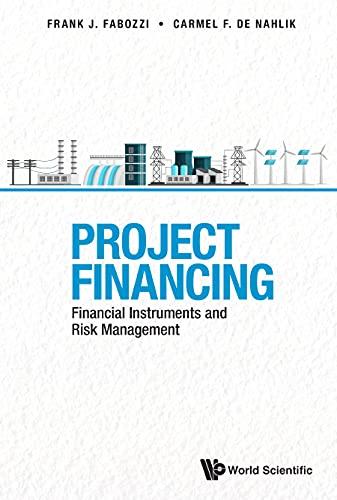Question
8. Suppose that most people who take antibiotics to fight bacterial infection stop taking the medication once they feel better. Because they do not take
8. Suppose that most people who take antibiotics to fight bacterial infection stop taking the medication once they feel better. Because they do not take the entire dose, the bacteria is not completely killed, and it eventually develops an immunity to the antibiotics. As a result, there will be no effective medication available to many people in the future who are infected. People who fail to take the entire dose of antibiotics are creating a market failure known as
|
| a. | regulation. |
|
| b. | a public good. |
|
| c. | an externality. |
|
| d. | monopoly. |
10. Which of the following is an example of a public good?
|
| a. | A power company that is the only firm in its market due to falling per-unit costs. | ||||||||||||||||||||||||||||||||||||||||||||||||
|
| b. | A new car. | ||||||||||||||||||||||||||||||||||||||||||||||||
|
| c. | Fire protection services. | ||||||||||||||||||||||||||||||||||||||||||||||||
|
| d. | National defense
Question 5
Question 6
|
Step by Step Solution
There are 3 Steps involved in it
Step: 1

Get Instant Access to Expert-Tailored Solutions
See step-by-step solutions with expert insights and AI powered tools for academic success
Step: 2

Step: 3

Ace Your Homework with AI
Get the answers you need in no time with our AI-driven, step-by-step assistance
Get Started


